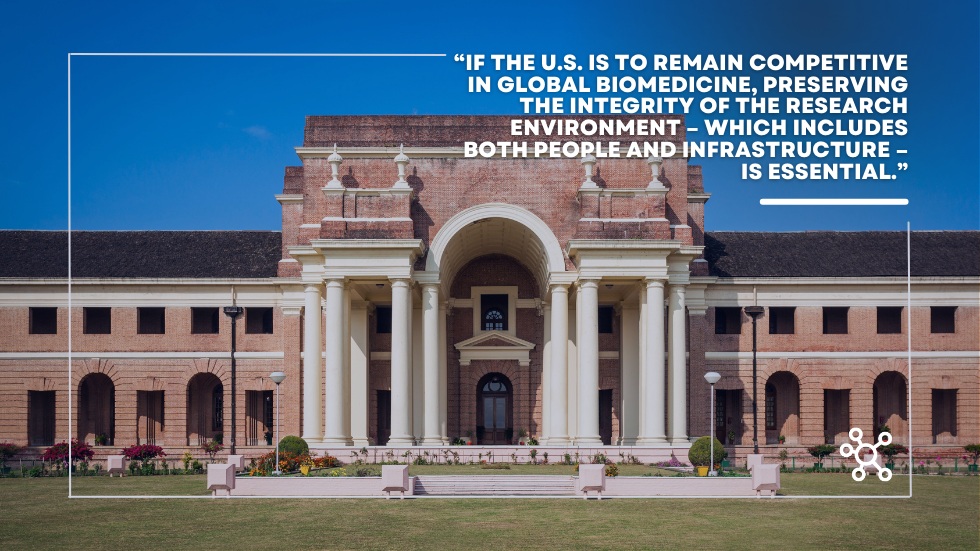Author: Gabrielle Bauer
Whichever model meets your needs, remember not to skimp on quality
What makes a good recruiter? It depends. The perfect recruiter for one hiring scenario may miss the mark in another one. Here’s a quick rundown of the different recruiting models you may want to consider at different points along your hiring journey.
- In-house recruiter: An in-house recruiter does everything an external recruiter does, but from within the company. They work for you full-time, whether as a salaried employee or a contractor, and devote all their time to filling your hiring needs. This solution makes sense for larger organizations with continuous hiring needs.
- Contingency recruiter: A contingency recruiter gets paid when they hire a candidate—either a flat fee or a percentage of the new hire’s salary. Consider this model for hard-to-fill positions that call for recruitment expertise beyond your usual requirements.
- Retained recruiter: A variation on the contingency recruiter, the retained recruiter gets part of the fee paid upfront. This model may work well if you have a difficult-to-fill position that will require your recruiter to invest a lot of time in the search.
- Staffing agency: Recruiters in staffing agencies help companies fill vacant positions with temporary employees. This model may work if you have a lot of short-term projects on the go (such as developing software applications to accompany drug launches).
- Outplacement agency: Recruiters in an outplacement agency help downsized or otherwise-displaced employees find jobs. Employers sometimes hire such companies as a gesture of goodwill, to help their displaced employees find work.
- Headhunter: A headhunter uses multiple sources, from job boards to professional associations, to find candidates to fit specific job openings. They often charge a fee to find a match, typically between 20 and 35 percent of the candidate’s salary.
Headhunter vs recruiter: What’s the difference?
In a nutshell: headhunters find a “head” to fill a specific job, while recruiters work to fill many different job openings. Headhunters are typically called in to fill senior positions that require a unique blend of experience and skills. Recruiters often have an industry specialty and tend to establish longer-term relationships with both clients and candidates.
Irrespective of the model you choose, you’ll want your recruiter to have certain basic competencies, like expertise in the life sciences and connections within the sector. Look for a recruiter who shows initiative, rather than simply reacting to your instructions. A good recruiter will collaborate with you to forecast hiring needs, so they can put the right candidates in front of you when the right time comes. If the recruiter happens to meet the perfect molecular biologist for your pipeline program, they’ll keep the candidate in reserve for the next time you need to expand your drug development team.
Arguably the most important quality for a recruiter is emotional intelligence. Good recruiters don’t just match candidates with positions: they build relationships, both with clients and with candidates they can’t place right away. They remember small details about people. They use modern tools such as AI software, but don’t let the tools replace their intuition and experience.
Above all, good recruiters give you their full and personalized attention. They don’t sound like they’re reading from a script. They “get” you. They sense what you need and know where to find it.
“It’s all about relationships and nurturing those relationships both professionally and personally. I invest in my network and my contacts, in turn, take time to help me back.”
Stacy Zapar, recruiter and keynote speaker
At some point, your recruiter will have to demonstrate their worth. Just be sure to use the right key performance indicators (KPIs) to assess them. Don’t get bogged down in stats such as number of emails sent or LinkedIn searches conducted: these “vanity metrics” may give you an indication of how much work they’ve put in, but tell you nothing about its quality. Instead, focus on the KPIs that truly matter: quality of hires and retention rates.
At Sci.bio, we understand that we’ll be judged on our results—and expect nothing less. With our consistent track record and deep expertise in the life sciences, we’re confident we can meet and exceed your expectations. We’re also versatile and can adapt to the recruiting model that fits your needs and constraints. We invite you to contact us for more details.
References
1. The top 7 types of recruiters in the industry. Aviahire. Aug. 6, 2020.
2. Recruiters vs headhunters: what’s the difference? Ranstad. May 8, 2019.
3. What defines a good recruiter? Workable.
4. 5 metrics that tell you nothing about a recruiter’s performance. Beamery.





